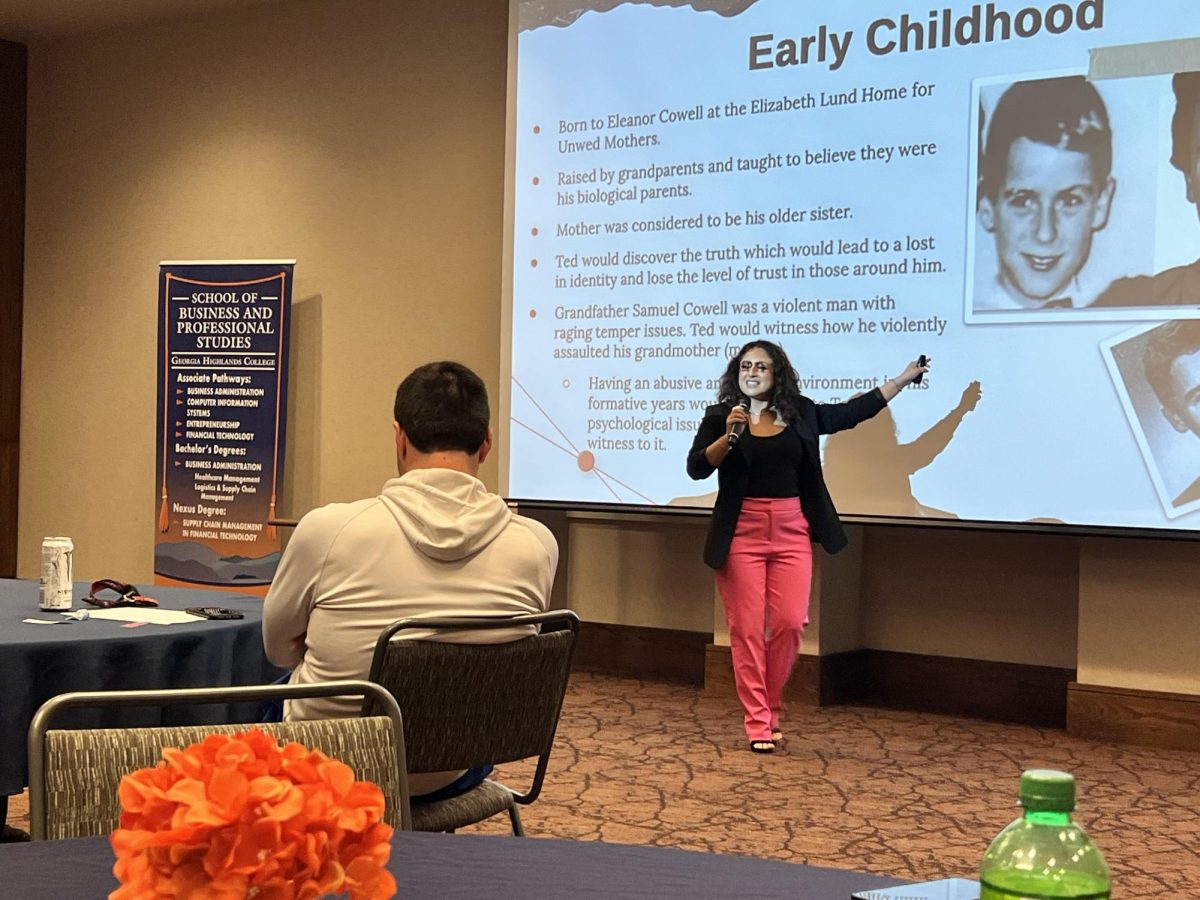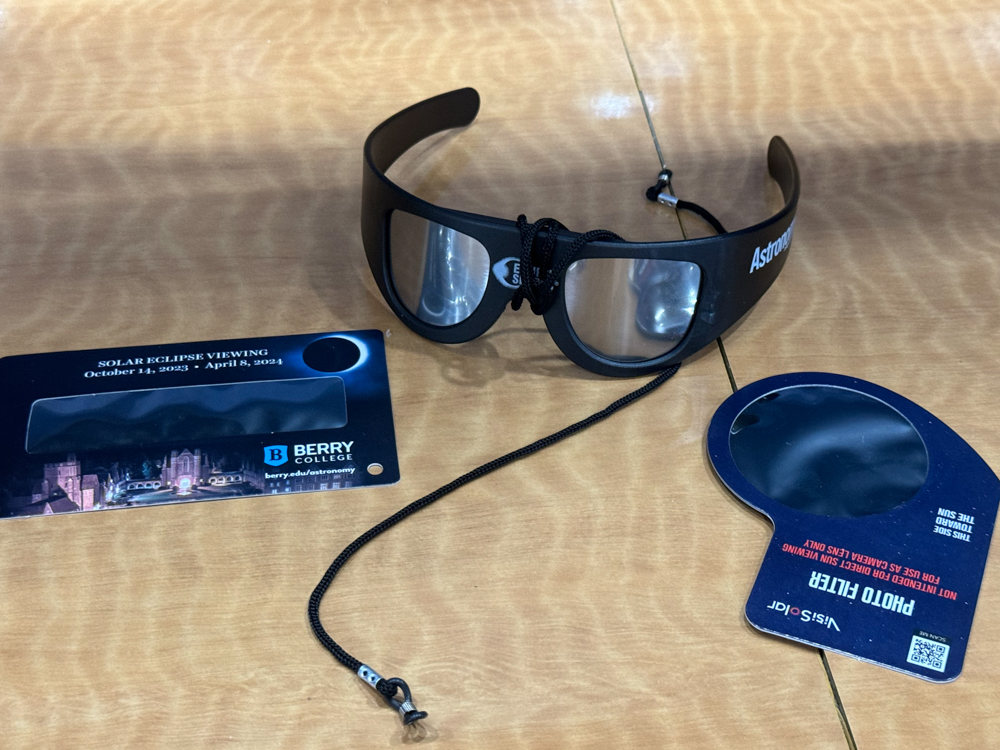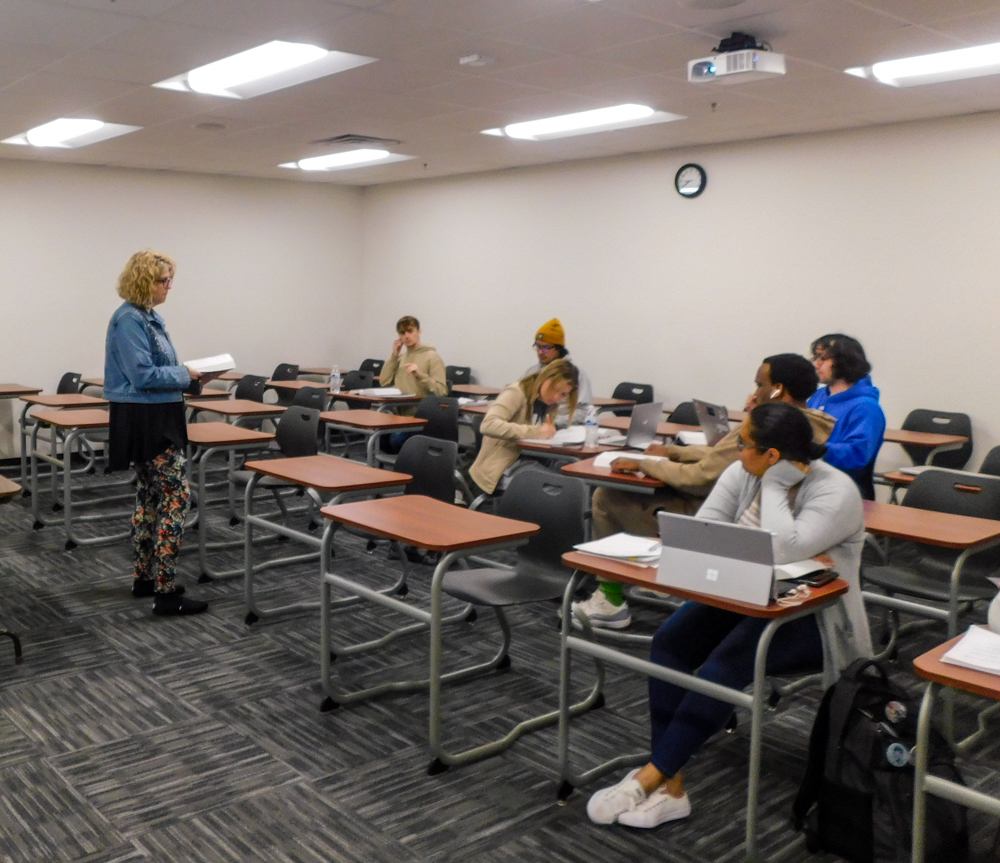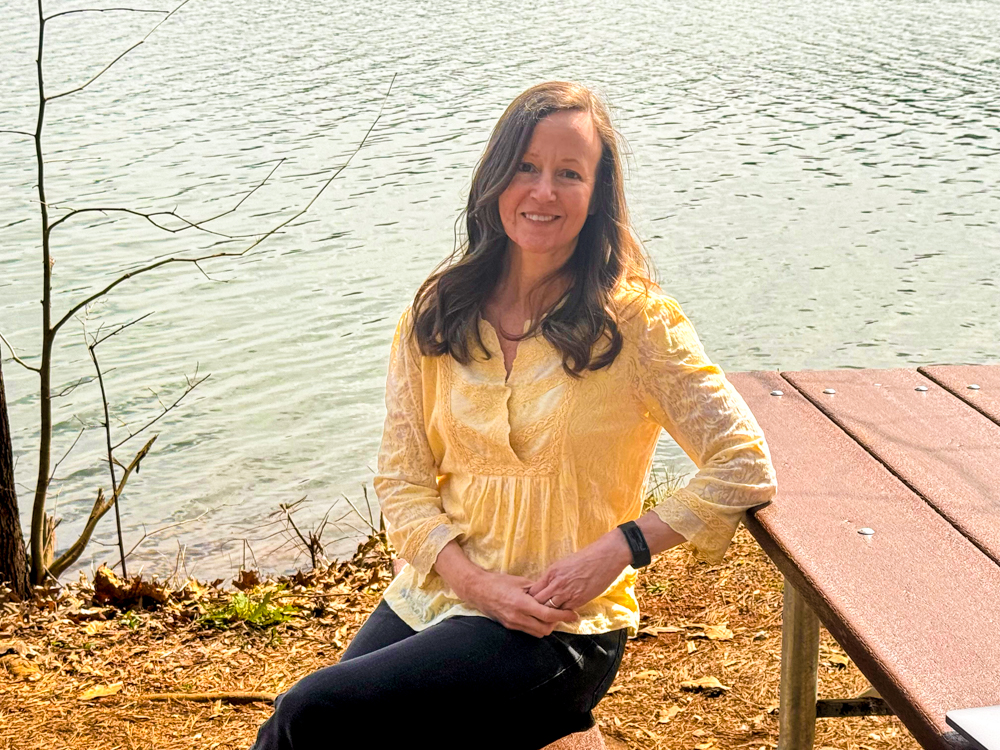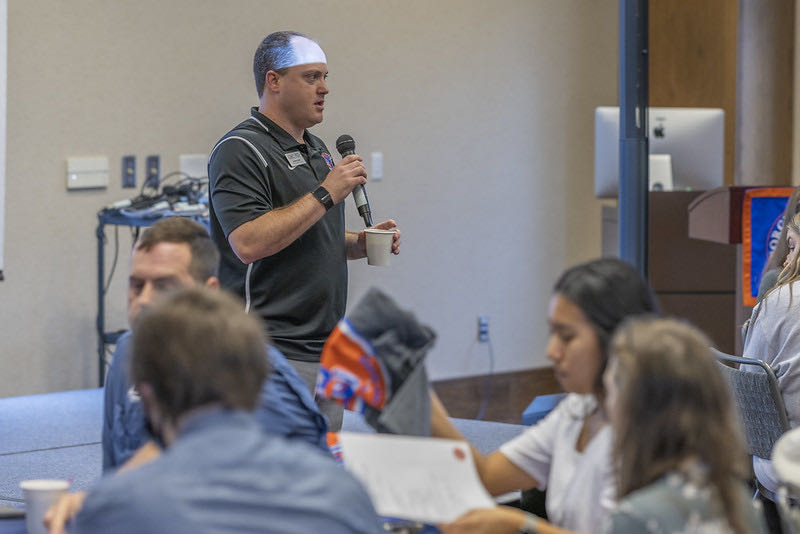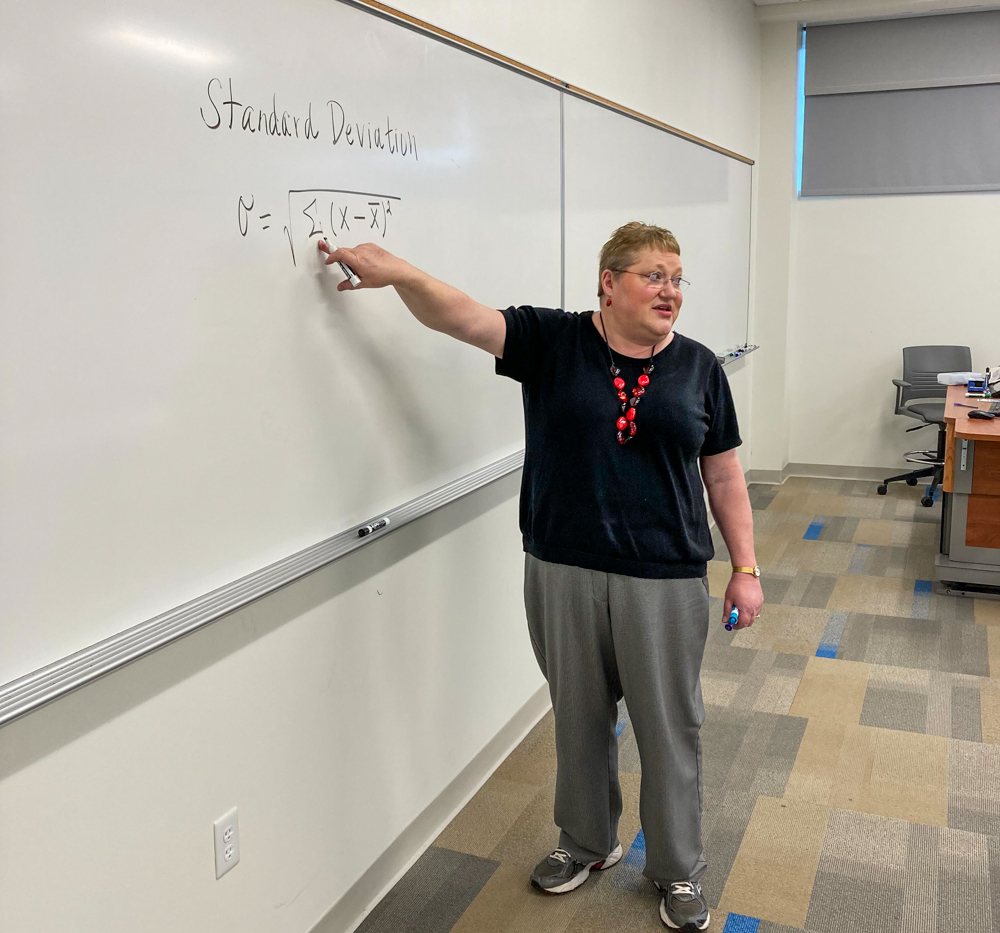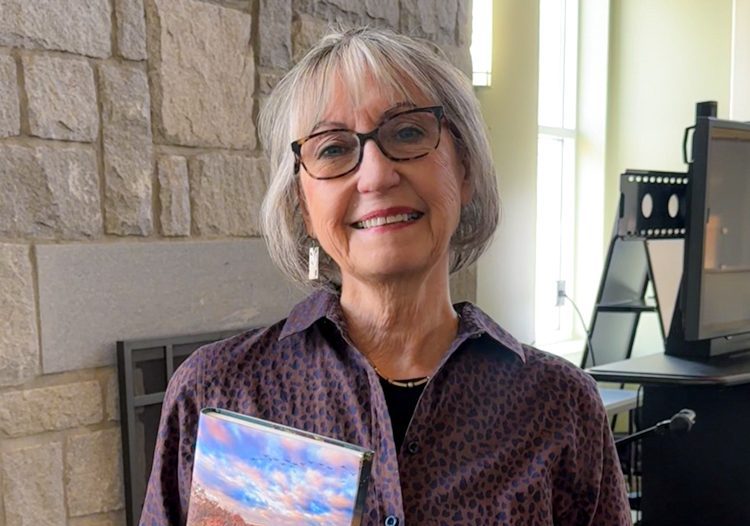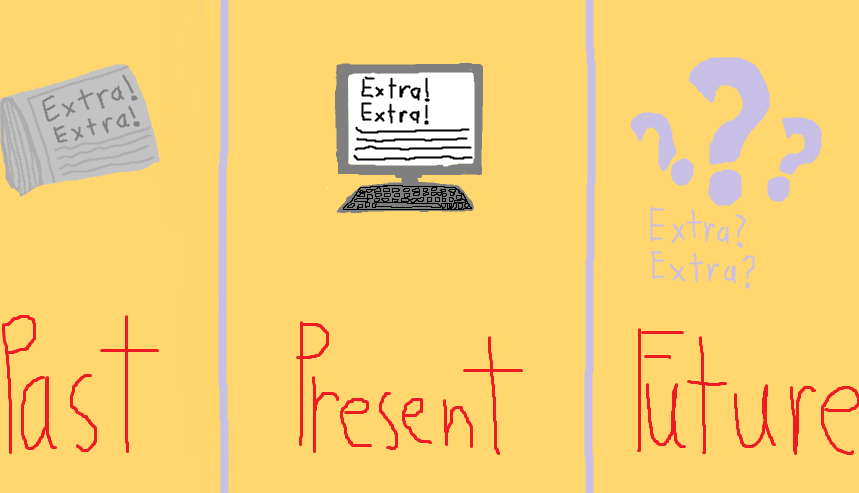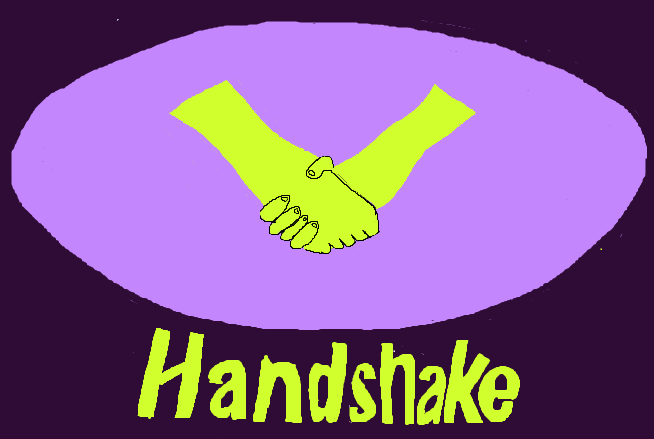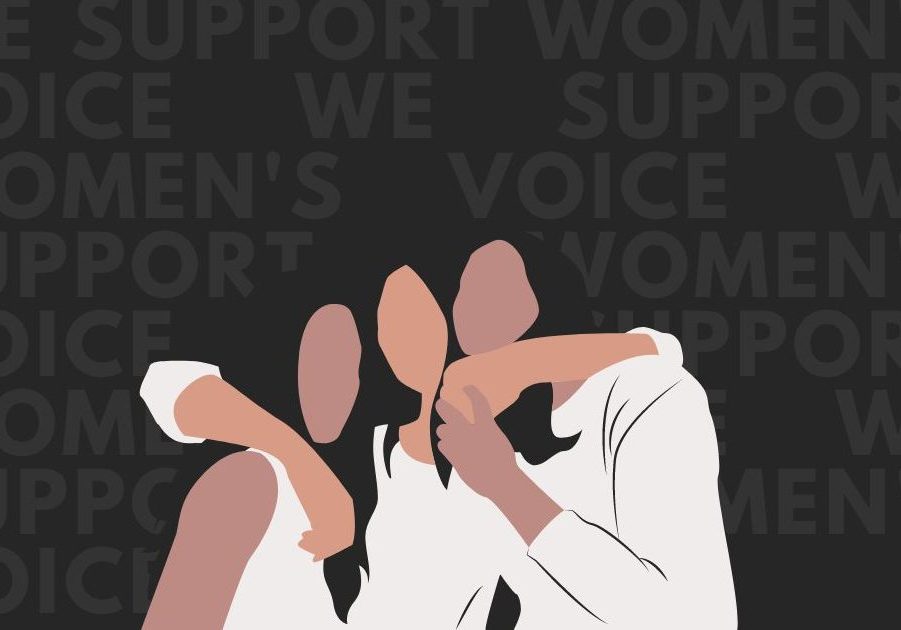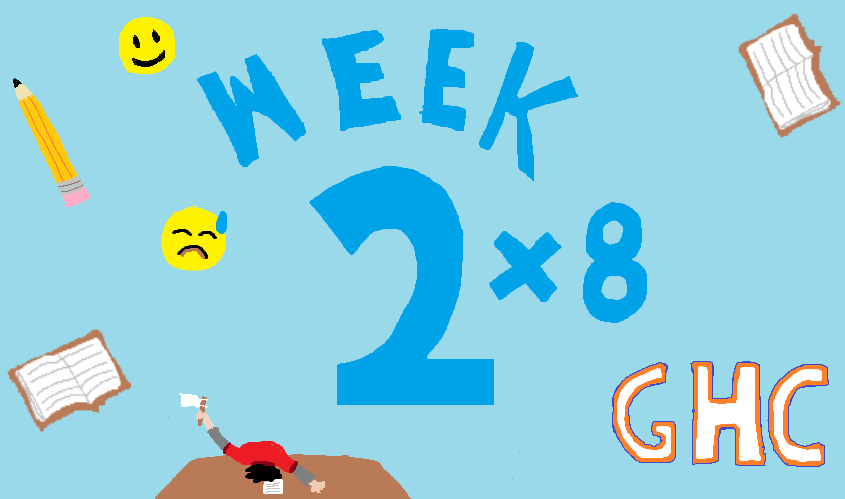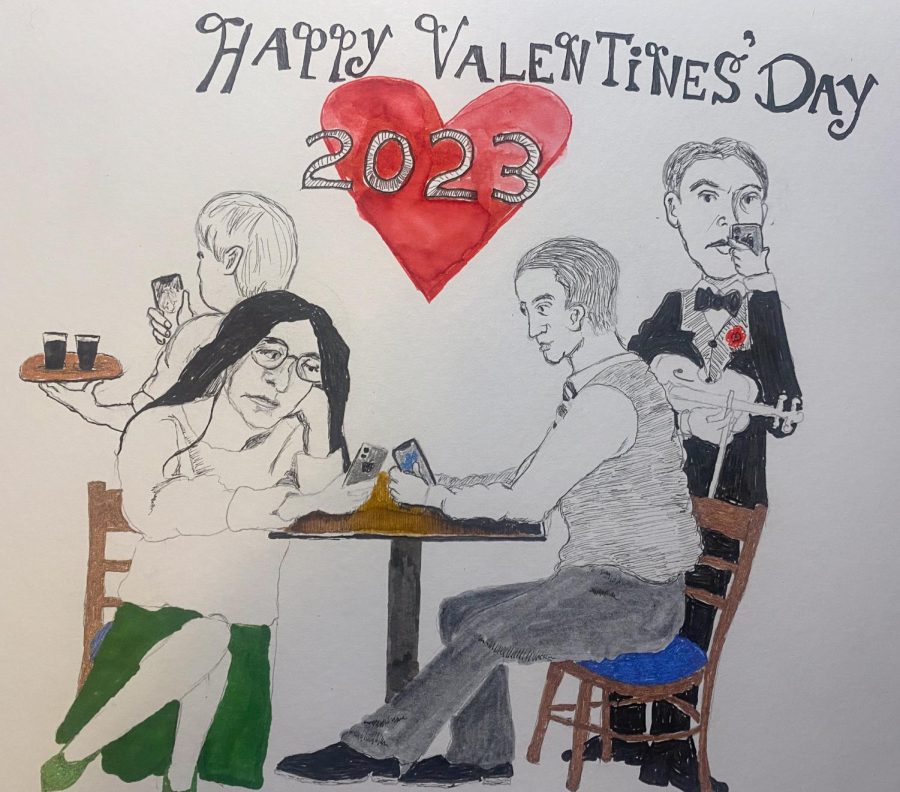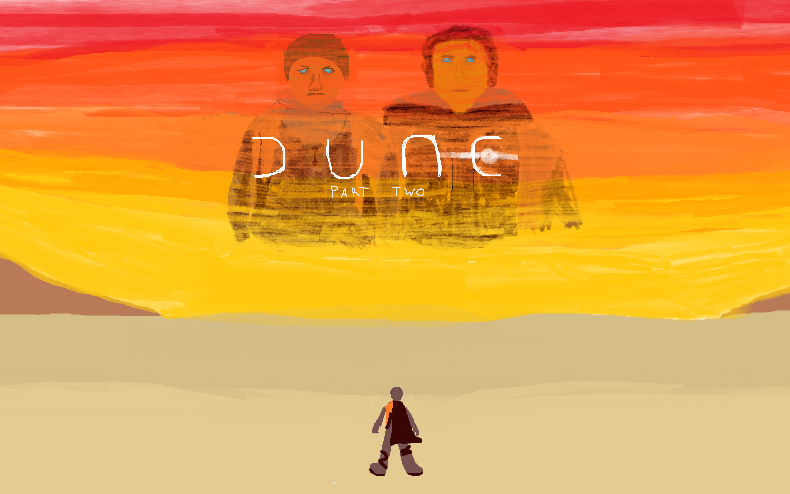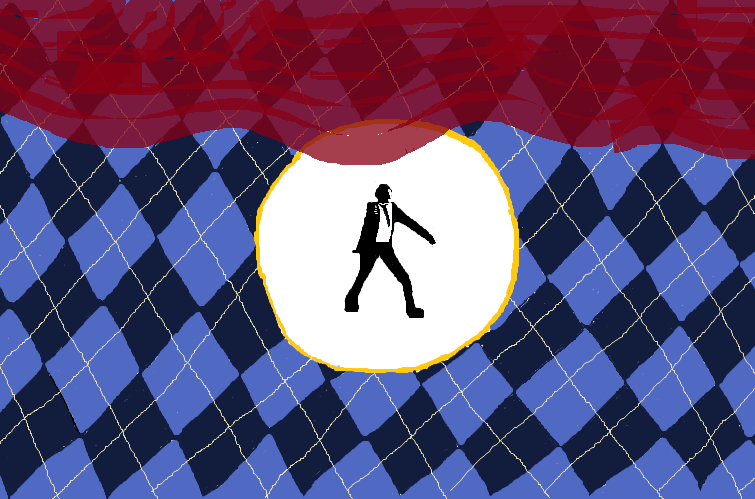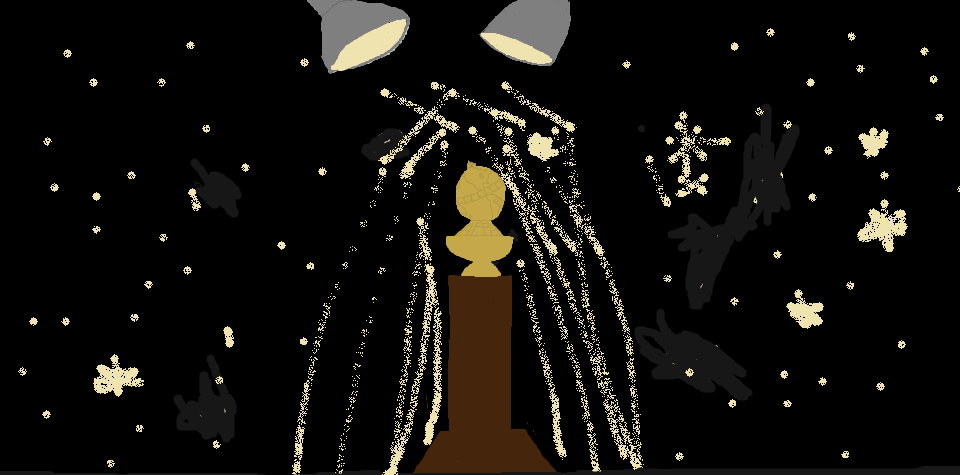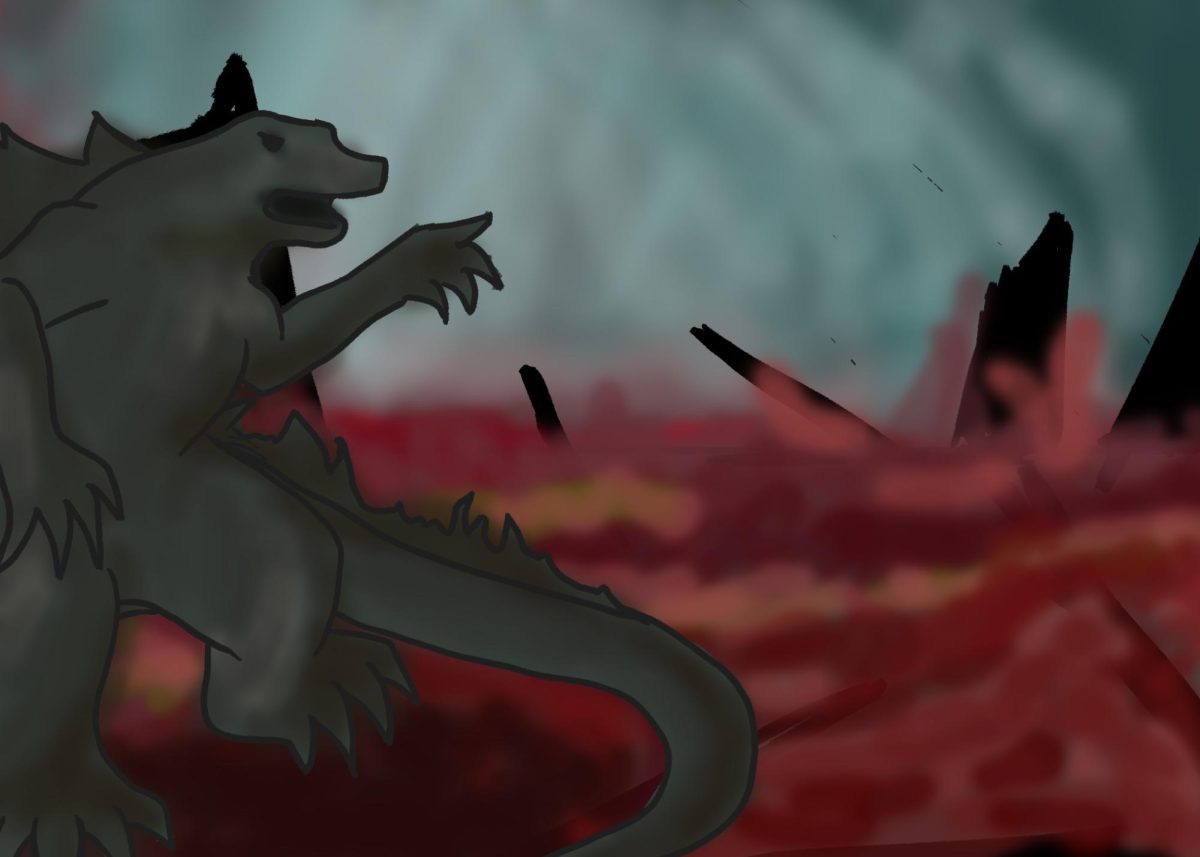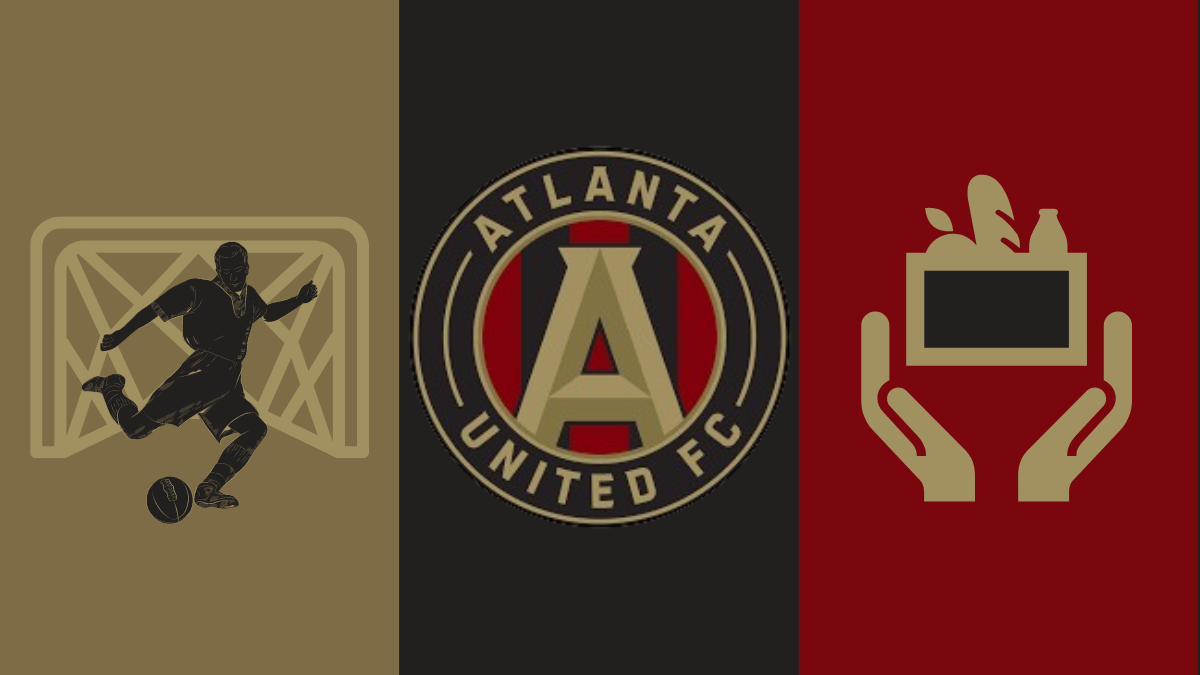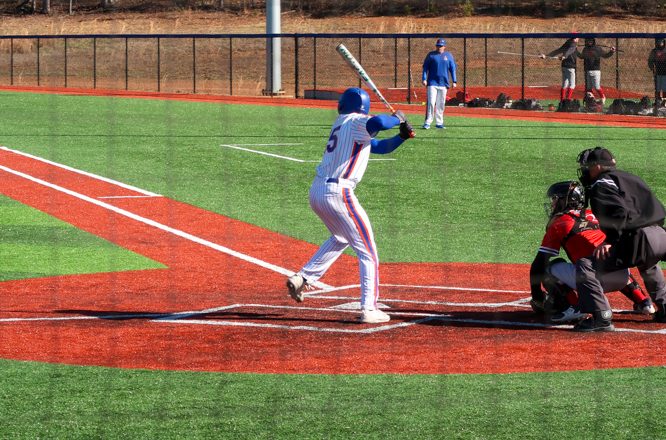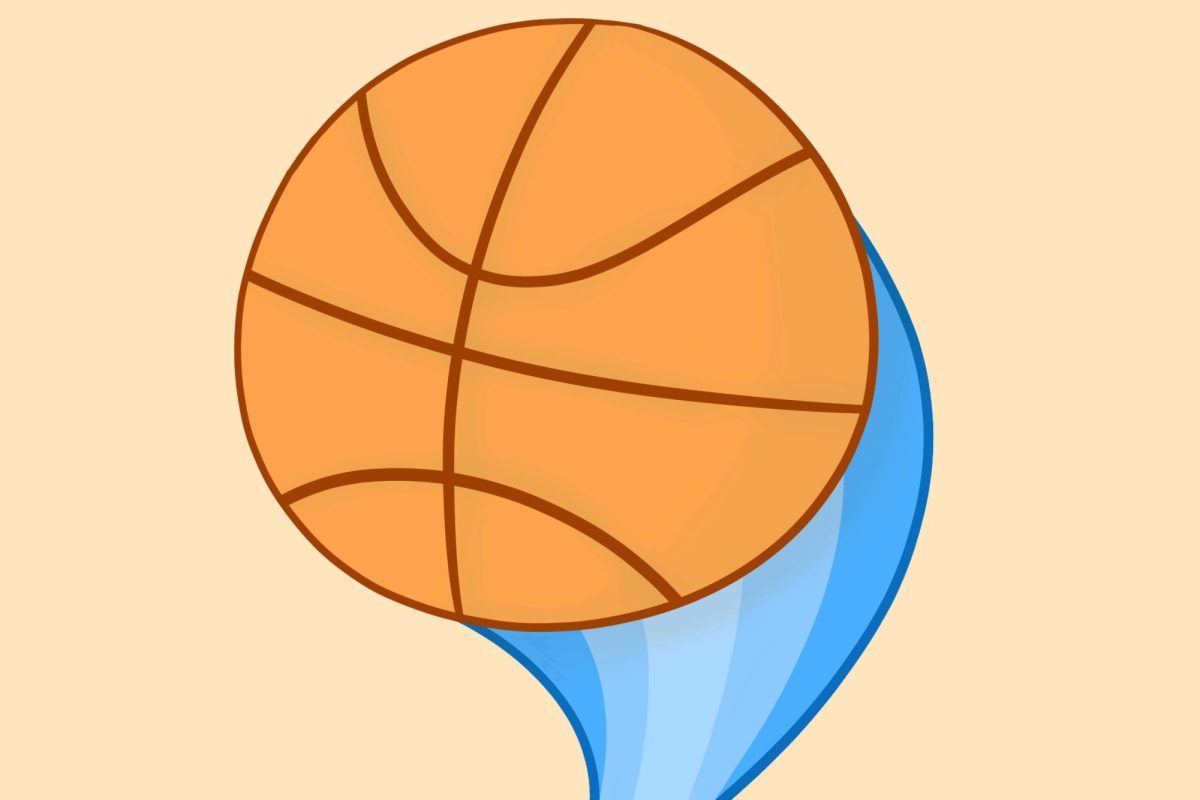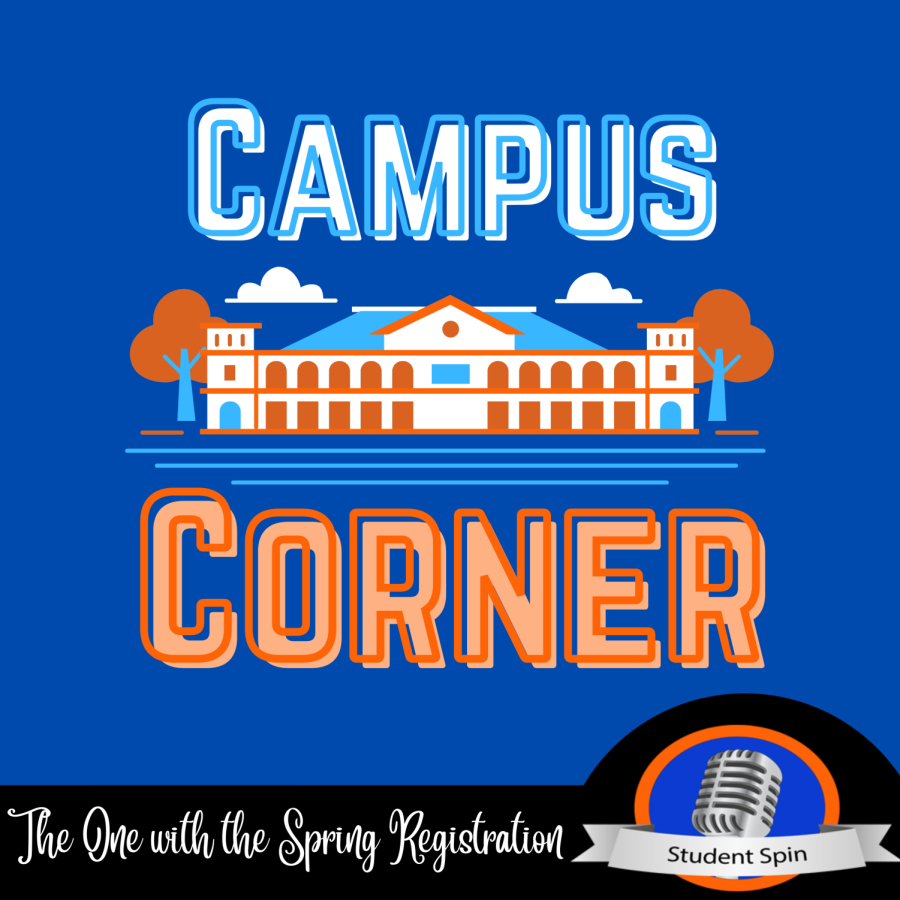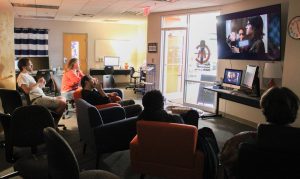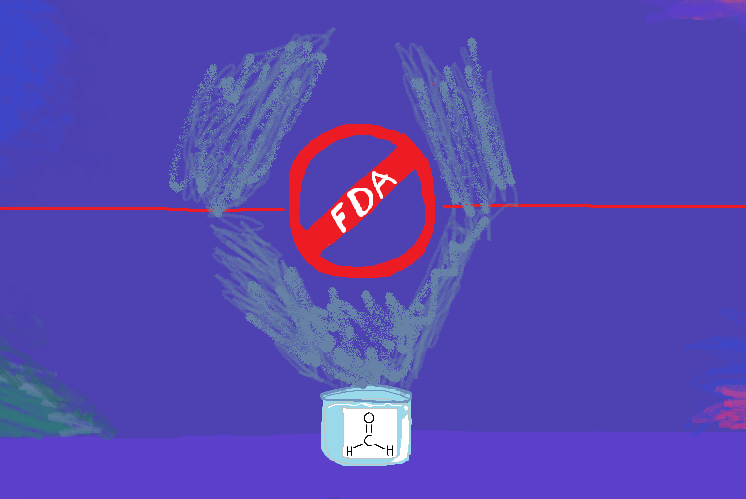
In February, Congress tried to pass two acts to “fight” against online piracy.
For those readers who might not understand what online piracy really is, here is a simple definition.
Digital copies of media are made and shared for free between people on the internet. Currently the most popular pirated mediums are movies and music, but many other types of media are pirated, including video games, software and TV shows. These files are most often downloaded for personal use.
When Congress attempted to pass the Stop Online Piracy Act (SOPA) in February, the internet exploded in protest. Several websites shut down for a day, millions of social media users openly protested as well as contacted their representatives, and overnight many of the political and corporate sponsors of the bill dropped their support.
Not only is this a powerful example of the ability of social media and the internet to effect political change, but it also proves that there is something very wrong with the way our government views intellectual property and how to protect it.
Many people who oppose online piracy call it “stealing.” There is a definite difference between stealing and piracy which is very easy to demonstrate. If someone were to steal your laptop, not only would they now have your laptop, but you would no longer have it. If someone were to come along when you weren’t looking and make a perfect copy of your laptop and then run away with it, you would still have your laptop and so would the person who “pirated” it.
Someone who is prosecuted for shoplifting in Georgia is fined a maximum of $1,000. Let us say that this person has stolen a CD from a store. That store now can no longer sell that CD since they no longer have possession of it.
But in 2009, a Minnesota woman was fined 1.92 million dollars for downloading music; the fine was later reduced to $54,000. This is still 54 times the maximum fine she would have paid if she had come to Georgia and shoplifted the CDs from a store.
There is something fundamentally wrong with this.
Now some companies are trending towards harsh digital rights management (DRM) methods that restrict the use of media after it has been purchased.
Some music and movies can only be played on one device or service, and some video games can only be played if the game can connect to the internet to verify it has not been pirated. These measures actually make it easier for the person who pirates than the person who purchases digital media.
Because piracy is so rampant, and because it seems there is no way to stop it fairly, maybe companies should focus more on improving their revenues from things like the box office and live concerts.
As consumers, we can help support artists by going to their concerts and purchasing their CDs from them. We can also purchase DVDs and Blu-Rays instead of DRM protected digital files.



